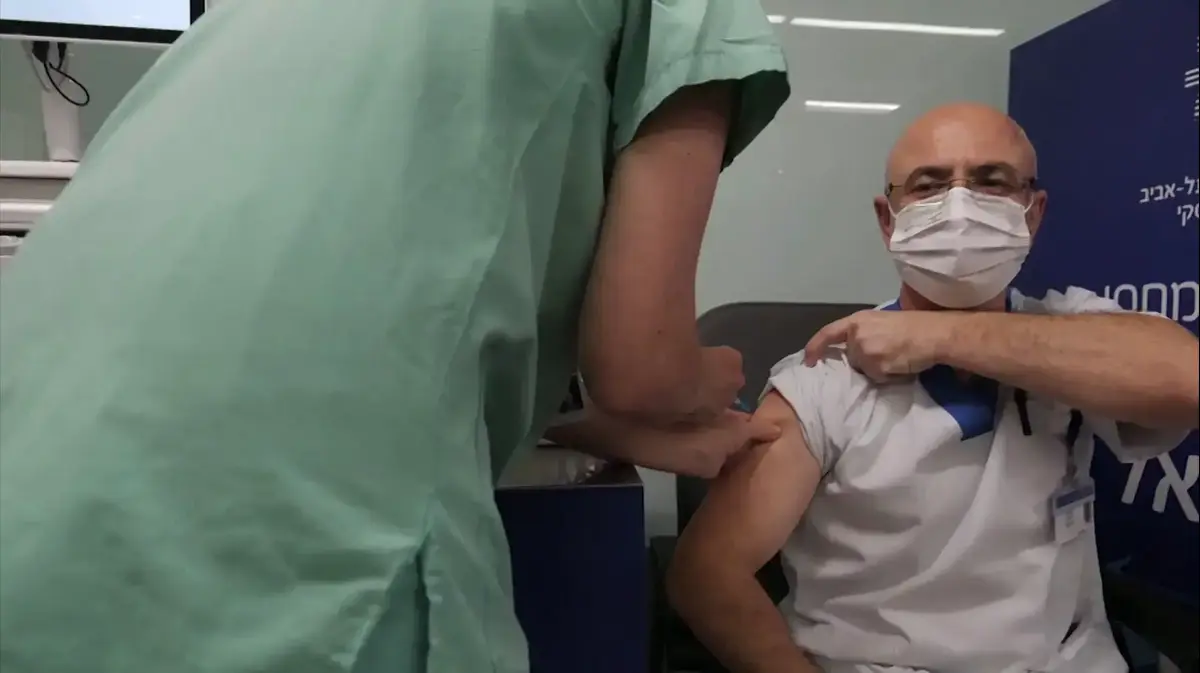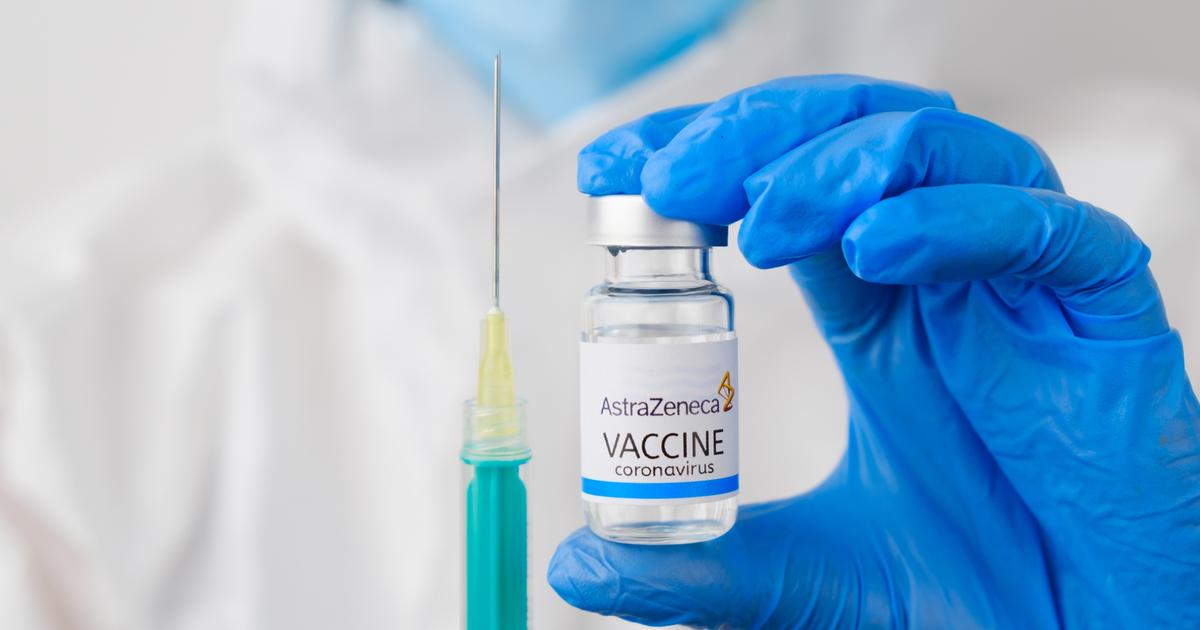A nurse has died after a corona vaccination, and a colleague is said to be in hospital with a pulmonary embolism.
So far, a connection with the vaccine has not been confirmed.
Vienna - The Austrian Federal Office for Safety in Health Care (BASG) confirmed on Saturday evening that there were two reports "in temporal connection with a vaccination from the same batch of the AstraZeneca vaccine in the state hospital in Zwettl", reports the ORF.
Corona in Austria: No evidence of connection
"There is currently no evidence of a causal connection with the vaccination," the ORF quotes the BASG.
To be on the safe side, the affected batch of vaccines would no longer be issued and would no longer be vaccinated.
In Austria, vaccination appointments were canceled at short notice on this Sunday.
About 6,000 doses of vaccine were withdrawn.
37,000 cans of the affected batch are inoculated.
What exactly happened
A 49-year-old nurse from Lower Austria died ten days after being vaccinated against the coronavirus.
A 35-year-old colleague from the Zwettl State Hospital developed a pulmonary embolism and is already on the mend.
Local media reported details about the death of a nurse on Saturday.
The nurse from the state hospital in Zwettl was admitted to the intensive care unit of the Vienna General Hospital last weekend.
The 49-year-old then died as a result of severe coagulation disorders.
In order to clarify the cause of death of the nurse, an autopsy is carried out at the Vienna General Hospital.
The deceased had received the first dose of the Covid-19 vaccine from AstraZeneca in Lower Austria ten days before admission to the intensive care unit.
The
Niederösterreichische Nachrichten
(NÖN)
reported on it first.
Corona in Austria: No typical side effects of the AstraZeneca vaccine
"On the basis of the known clinical data, a causal connection cannot be established, since thrombotic events in particular are not among the known or typical side effects of the vaccine in question," quoted
oe24.at
from the BASG's statement.
Neither clinical data nor an immediately initiated international analysis of the side effect reports showed an accumulation or signals of similar case reports.
The authorities emphasize that there is no temporal connection with the vaccinations and that everything is being done to fully clarify the cause of death.
First results can be expected in ten to 14 days at the earliest.
Myths persist when it comes to corona and vaccination: Here you will find a fact check on vaccines - from infertility to genetic modification
Corona: After death in Austria - This is how pharmaceutical giant AstraZeneca reacts
"In the interests of all those who are eagerly waiting for a vaccination, we would like to see an examination as soon as possible in order to have clarity as to how this unfortunate event came about," AstraZeneca told the Austrian news agency APA.
The company is in close contact with the Agency for Health and Food Safety (AGES) and supports their investigation “fully”.
The vaccine was approved by the European Medicines Agency (EMA) and the World Health Organization (WHO) based on a global clinical program with 23,000 participants.
"All of these reviews have shown that the Covid-19 vaccine AstraZeneca is safe and effective," the company said.
(ml) * Merkur.de is an offer from IPPEN.MEDIA
List of rubric lists: © Ernst Weingartner / imago















